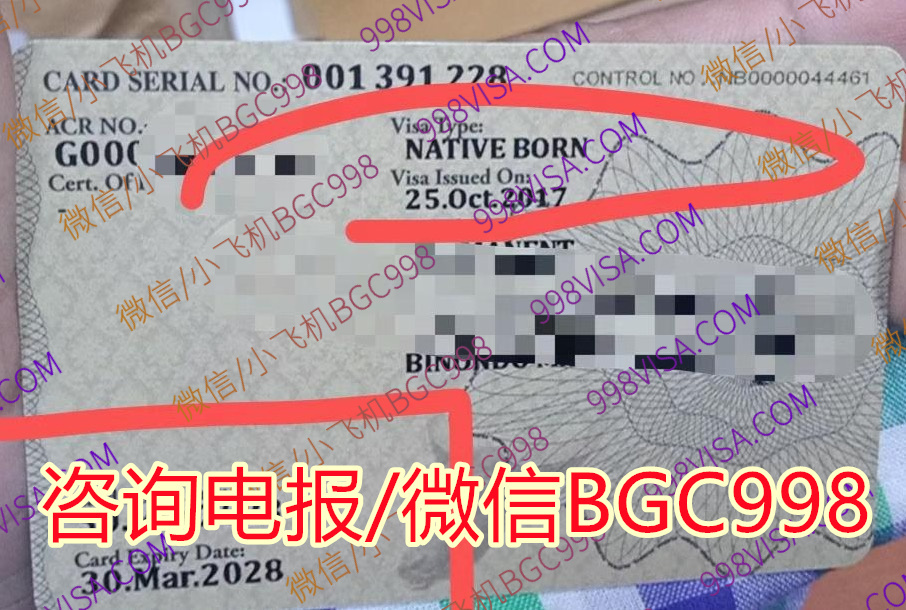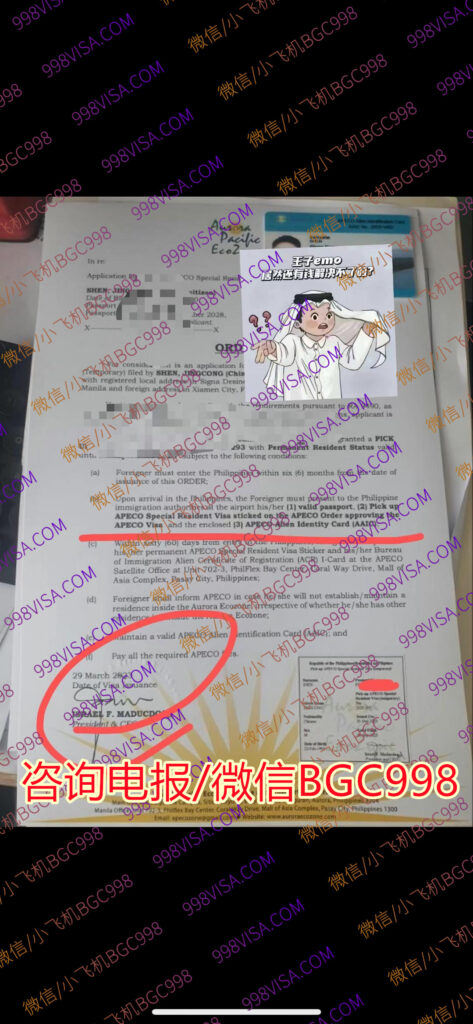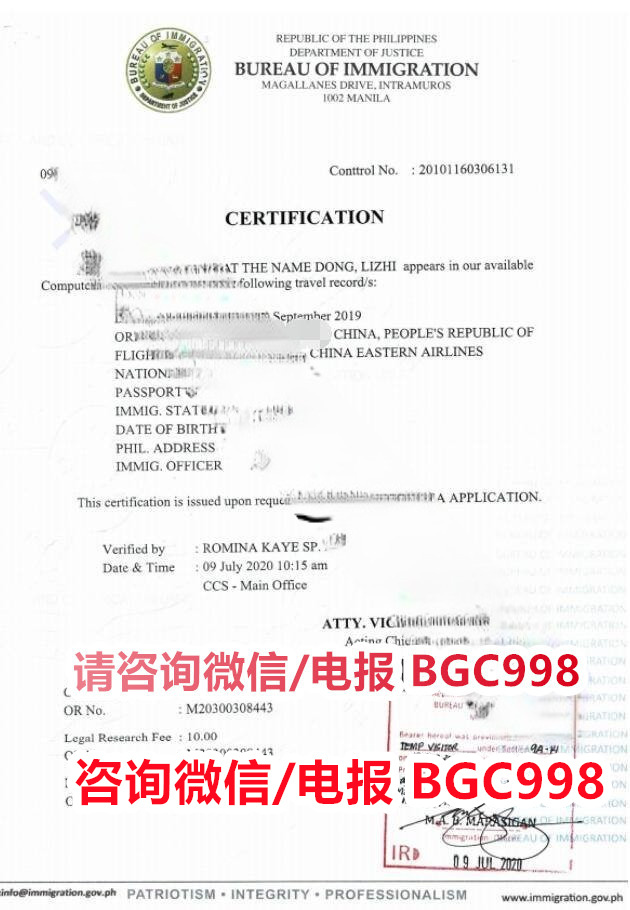Does the Philippines marriage visa (13A) require annual renewal?

Can a Philippines marriage visa (13A) holder be deported under certain conditions?
Yes, even though the Philippines marriage visa (13A) grants permanent residency, it can still be revoked under certain legal circumstances. Deportation may occur if the foreign spouse commits a serious crime, violates immigration laws, or engages in activities considered a threat to national security or public order. Additionally, if the marriage is annulled, declared void, or proven fraudulent, the Bureau of Immigration may cancel the visa and issue a deportation order. Another factor is abandonment of residency; if the foreign spouse lives abroad for a prolonged period without proper re-entry permits, authorities may question their intent to reside in the Philippines. Deportation is not automatic but is subject to legal review, and the foreign spouse has the right to due process. Nevertheless, compliance with Philippine law, maintaining good moral character, and honoring the marital foundation of the visa are essential to safeguard residency and prevent deportation risks.

Is it possible to convert another type of visa into a Philippines marriage visa (13A)?
Yes, foreigners already residing in the Philippines on another visa type, such as a tourist visa, work visa, or retirement visa, may convert it into a Philippines marriage visa (13A) after marrying a Filipino citizen. The process involves filing a petition with the Bureau of Immigration, submitting proof of marriage, authenticated documents, and evidence of financial stability. If the applicant entered on a tourist visa, they must ensure their stay is legal and within valid extensions while applying for the conversion. Once approved, the temporary or probationary 13A visa is issued, followed by a permanent version after one year of good standing. Conversion is a practical option for foreigners who initially entered the country for work or leisure but later decided to settle permanently with their Filipino spouse. This pathway avoids the need to exit the Philippines and reapply from abroad, making it a convenient option for those already established in the country.

What are the financial requirements for obtaining a Philippines marriage visa (13A)?
The Philippines marriage visa (13A) does not impose strict minimum income thresholds like some other countries, but immigration authorities still require proof of financial stability. The foreign spouse must demonstrate the ability to support themselves and their Filipino partner without becoming a financial burden on the state. Evidence may include bank statements, employment contracts, pension documents, or business registrations. If the Filipino spouse is employed, their income may also be considered part of the household financial profile. While there is no fixed amount stated by law, practical expectations suggest showing sufficient funds for daily living, housing, and healthcare. Immigration officers evaluate each case individually, so clear documentation of income and assets strengthens the application. In practice, even modest but consistent financial resources are often enough to satisfy the requirement. The financial proof serves not only as a safeguard for the government but also as reassurance that the couple can sustain a stable life in the Philippines.

Can a Philippines marriage visa (13A) holder study in the Philippines?
Yes, a foreign spouse holding a Philippines marriage visa (13A) can legally enroll in Philippine schools, universities, or training institutions without needing a separate student visa. Since the 13A grants permanent residency, it eliminates the restrictions faced by foreigners on short-term visas. This benefit is valuable for younger couples where the foreign spouse wishes to continue higher education or professional development while living in the country. The process of enrolling in academic programs is straightforward, requiring only standard admission requirements and the Alien Certificate of Registration (ACR I-Card) as proof of legal residency. The 13A visa also allows studying part-time while working or managing a business, offering flexibility not available under most student visas. Many foreign spouses appreciate this opportunity to integrate more deeply into Philippine society, learn the language, and build professional skills while enjoying stable residency through the marriage visa.
Does the Philippines marriage visa (13A) expire if the couple lives abroad for a long time?
Yes, extended absences from the Philippines can jeopardize the validity of the marriage visa (13A). While the visa itself grants permanent residency, it is conditional on the foreign spouse’s intent to reside in the Philippines with their Filipino partner. If the couple lives abroad for years without maintaining ties to the Philippines, immigration authorities may consider the residency abandoned. In such cases, re-entry could be denied, or the visa could be canceled. To avoid this, the 13A holder should ensure compliance with re-entry requirements, keep their ACR I-Card valid, and maintain connections such as property, employment, or family presence in the Philippines. If long-term relocation abroad is necessary, consulting the Bureau of Immigration before departure is recommended. Proper communication with authorities helps prevent misunderstandings and ensures the marriage visa remains valid for future use. This underscores the importance of maintaining genuine residence in the Philippines as the core foundation of the 13A visa.
How long does it take to process a Philippines marriage visa (13A)?
The processing time for a Philippines marriage visa (13A) varies depending on the applicant’s circumstances and the workload of the Bureau of Immigration. On average, it takes around two to six months from submission of the complete application to approval. Factors that affect processing speed include the accuracy of submitted documents, whether additional clarifications are requested, and scheduling of interviews. Applications filed from within the Philippines may be processed faster than those initiated from abroad, though both routes are accepted. During the probationary period, applicants should ensure compliance with all requirements to avoid delays in conversion to permanent status after one year. Using professional assistance can help minimize errors and speed up approval. Although the process can feel lengthy, many couples find it worthwhile, as the resulting permanent residency provides long-term stability, freedom to work, and the ability to establish a family life in the Philippines.
Are same-sex couples eligible for the Philippines marriage visa (13A)?
Currently, same-sex couples are not eligible for the Philippines marriage visa (13A) because the Philippines does not legally recognize same-sex marriages, whether conducted domestically or abroad. The 13A visa is exclusively available to foreigners married to Filipino citizens in a union recognized under Philippine family law. Although there are ongoing discussions and advocacy efforts toward marriage equality in the Philippines, no legislation has yet been passed to extend legal recognition to same-sex marriages. As a result, foreign nationals in same-sex relationships with Filipino partners must seek alternative visa options, such as long-term tourist visas, retirement visas, or investor visas, depending on their eligibility. While the 13A remains limited to heterosexual marriages under current law, policy developments may change in the future. For now, couples in this situation must plan accordingly and explore alternative legal pathways to stay together in the Philippines. ★
针对以上话题您是否想了解更多?欢迎联系我们咨询
English/Tagalog Inquiries :
WeChat : dpylanayon
Telegram : @Diadem_Pearl
EMAIL: dplanayon.royalewonders@gmail.com
VIBER:+ 63 939 526 6731 / +63 9176523432
WhatsApp / PHONE:+639176523432
中文咨询
微 信:BGC998 电报@ BGC998 或 微信:VBW333 电报@VBW777
菲律宾998VISA是菲律宾MAKATI 实体注册公司,在菲律宾已经有超过19年服务经验,客户隐私安全保护服务可靠,业务提交可以安排工作人员上门取件或前往我们办公室提交。菲律宾政策时常变化,且信息发布有时间差,有需要相关业务最新资讯欢迎联系我们。
欢迎关注我们的电报TELEGRAM频道
998官方资讯频道 @FLBYM998
日常案例分享频道 @FLBYM998CASE